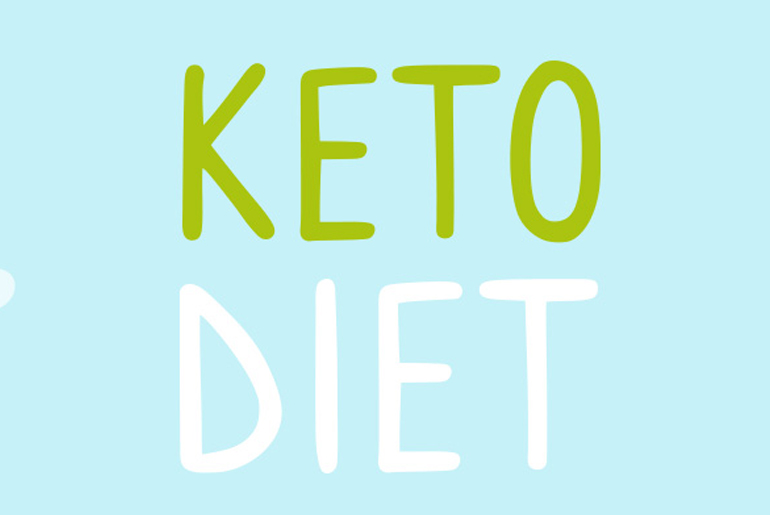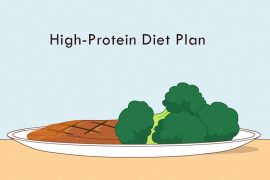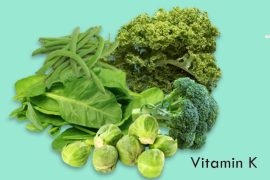The ketogenic diet, characterized by high fat, moderate protein, and low carbohydrate intake, is designed to maintain ketosis, where the body burns fat for energy instead of carbs. However, beginners often make mistakes by including foods that may seem keto-friendly but can disrupt ketosis. These include hidden carbs in processed foods, sugar-laden sauces or condiments, starchy vegetables, fruits high in sugar, and excessive protein intake, which can convert to glucose. Staying mindful of these pitfalls and sticking to whole, unprocessed foods like healthy fats, low-carb vegetables, and quality proteins is essential for maintaining ketosis and achieving desired results.
When following a ketogenic (keto) diet, many individuals unknowingly consume foods that could push them out of ketosis, hindering their progress. Below is a detailed summary of the common mistakes and foods to avoid based on insights from experts:
Common Keto Mistakes and Foods to Avoid:
Dairy Products:
- Mistake: While dairy is a good source of fats, products like milk and curd contain carbohydrates that can disrupt ketosis.
- Why Avoid: Even small portions (50-75g) can have enough carbs to interfere with ketosis. It’s essential to monitor dairy intake, opting for keto-friendly dairy options like cheese or butter.
Coconut Water:
- Mistake: Although coconut water is hydrating and considered healthy, it is high in carbs.
- Why Avoid: A 250-300 ml serving can contain enough carbohydrates to knock you out of ketosis. Despite its health benefits, it should be avoided by those on a strict keto plan.
Certain Vegetables:
- Mistake: Some vegetables, particularly legumes and starchy varieties, are mistakenly considered keto-friendly.
- Why Avoid: Vegetables like peas, corn, and carrots are high in carbs, which can add up and push you out of ketosis. Stick to low-carb veggies like spinach, kale, and broccoli instead.
Traditional Indian Flours:
- Mistake: Flours like ragi, bajra, and jowar are often recommended for low-carb diets but aren’t suitable for keto.
- Why Avoid: While these grains are nutritious and good for diabetics, they contain too many carbohydrates for a ketogenic diet. Opt for almond or coconut flour instead.
Processed Ingredients:
- Mistake: Ingredients like xanthan gum, tapioca starch, and vital gluten are often used in low-carb and gluten-free recipes.
- Why Avoid: These can contribute hidden carbs, which add up quickly, making them unsuitable for a strict keto diet. Be cautious with processed, pre-packaged items and opt for whole, unprocessed foods.
Additional Foods to Avoid:
Sugary Foods:
- Mistake: Sugary foods such as candy, soda, and baked goods elevate insulin levels and disrupt ketosis.
- Why Avoid: Foods with high sugar content spike blood sugar, pulling the body out of ketosis. Always check labels for hidden sugars in packaged foods.
Starchy Vegetables:
- Mistake: Vegetables rich in starch like potatoes, corn, and sweet potatoes are carbohydrate dense.
- Why Avoid: These vegetables are too high in carbs. Instead, focus on low-carb options such as spinach, kale, and broccoli that provide essential nutrients without derailing ketosis.
Grains and Starches:
- Mistake: Foods like bread, pasta, and rice raise blood sugar levels and are not compatible with a keto diet.
- Why Avoid: Even whole grains can prevent ketosis. Replace them with keto-friendly alternatives like cauliflower rice or almond flour products.
High-Sugar Fruits:
- Mistake: Fruits such as bananas, apples, and grapes contain a lot of sugar.
- Why Avoid: These fruits can disrupt ketosis due to their high sugar content. Berries, like strawberries and raspberries, are better options since they are low in carbs and high in antioxidants.
Milk and Yogurt:
- Mistake: While cheese and butter fit well into a keto diet, milk and yogurt are problematic due to their lactose (sugar) content.
- Why Avoid: Lactose in milk can interfere with ketosis. Unsweetened almond milk or minimal amounts of full-fat Greek yogurt are better alternatives.
Key Takeaways:
- Check Labels: Always check food lab
- els to ensure there are no hidden sugars or carbs in processed products.
- Opt for Whole Foods: Whenever possible, choose unprocessed, whole foods to maintain ketosis.
- Keto-Friendly Substitutes: Swap high-carb foods with keto-friendly alternatives like cauliflower rice, almond flour, and berries to sustain ketosis.
This approach will help you stay within the keto guidelines, avoiding common pitfalls that can disrupt your progress.
Disclaimer:
The information contained in this article is for educational and informational purposes only and is not intended as a health advice. We would ask you to consult a qualified professional or medical expert to gain additional knowledge before you choose to consume any product or perform any exercise.






